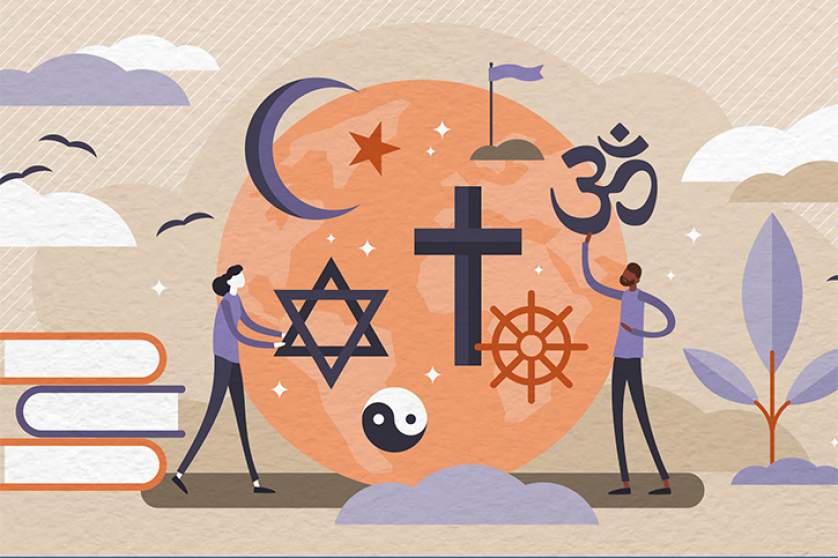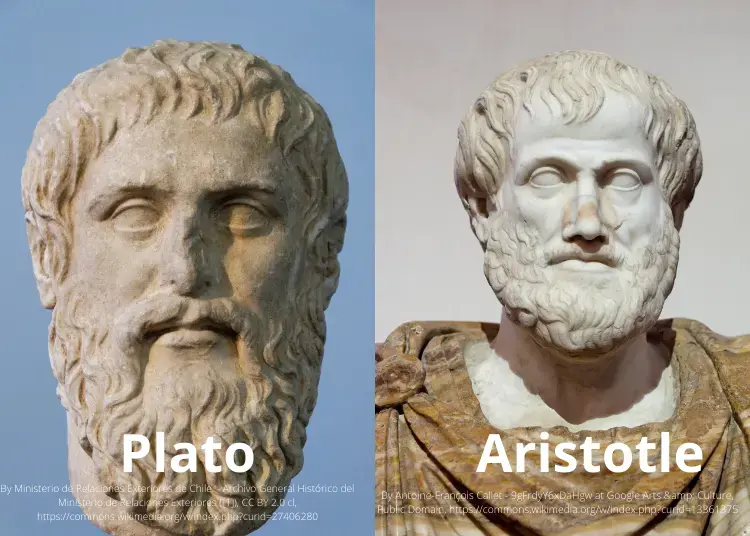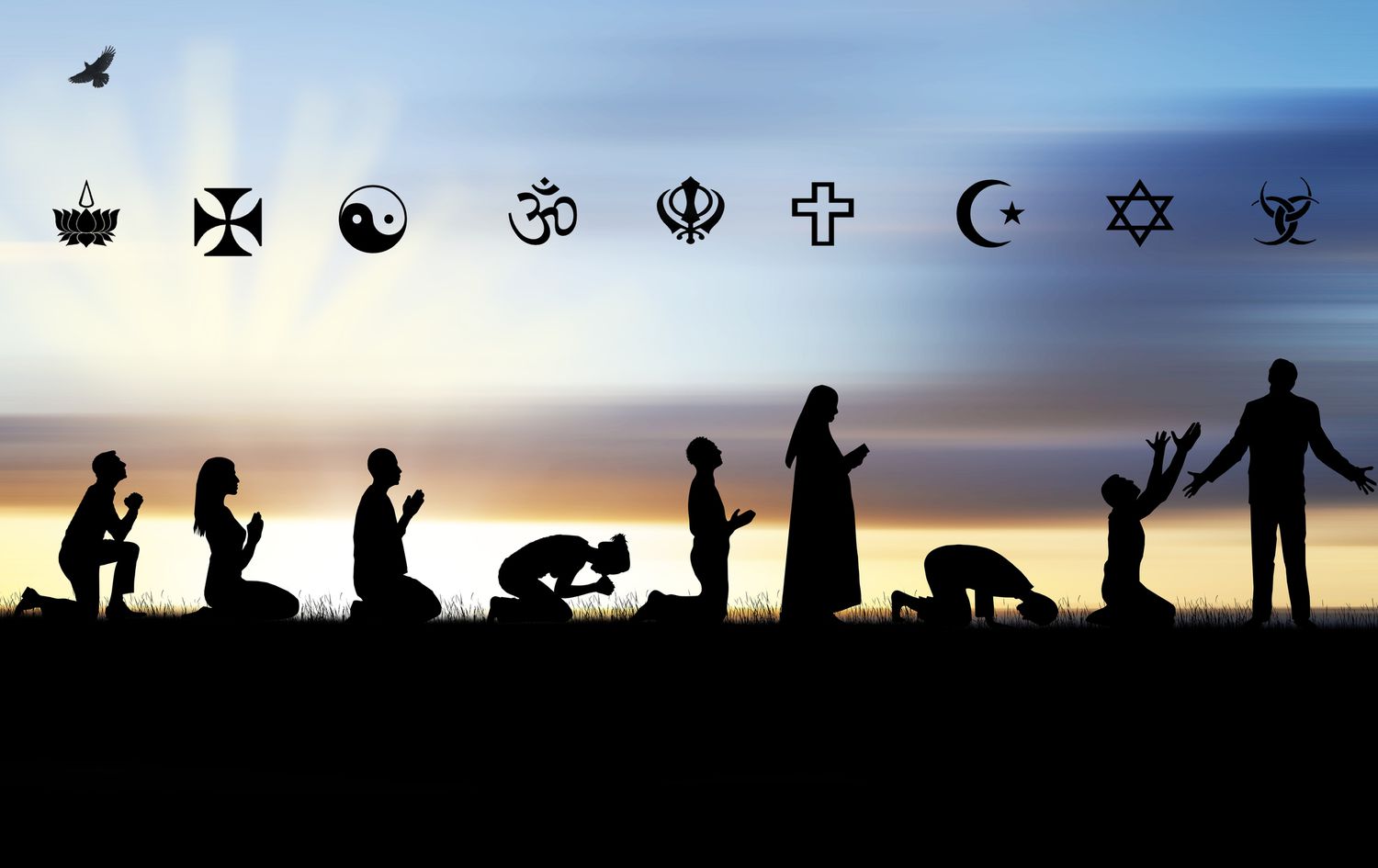Polygamy and monogamy are two of the most debated forms of marriage practices around the world. Both have been practiced for thousands of years and have their roots in various cultural and societal traditions. Some believe that polygamy is an ancient and outdated practice that has no place in modern society, while others argue that it is a valid lifestyle choice that should be respected.
The debate over polygamy and monogamy has been ongoing for centuries, and it is unlikely to be resolved anytime soon. However, in recent years, there has been a growing acceptance of non-traditional forms of marriage, including same-sex marriage and polyamory. Despite this, polygamy is still illegal in many countries, and those who practice it face a range of social, legal, and cultural barriers.
Polygamy is a marriage in which a person has multiple spouses. There are two forms of polygamy: polygyny, in which a man has multiple wives, and polyandry, in which a woman has multiple husbands. Polygyny is the most common form of polygamy, and it is practiced in many parts of the world, including Africa, the Middle East, and parts of Asia.
Monogamy, on the other hand, is a form of marriage in which a person has only one spouse. It is the most common form of marriage in the Western world and is often seen as the ideal form of marriage.
Both polygamy and monogamy have their advantages and disadvantages, and the choice of which to practice is often influenced by cultural, religious, and social factors.
Polygamy has been practiced in many parts of the world for thousands of years. In some cultures, it is seen as a symbol of wealth and status, and having multiple wives is a sign of a man’s power and influence. In other cultures, it is seen as a way to increase the number of children and ensure the continuation of the family line.
In many parts of Africa, polygamy is still a common practice. In Nigeria, for example, polygamy is legal and widely practiced, especially in rural areas. According to a survey conducted by the Nigerian National Bureau of Statistics, about 20% of married men in Nigeria have more than one wife.
In other parts of the world, such as the Middle East and parts of Asia, polygamy is also common. In Saudi Arabia, for example, men are allowed to have up to four wives, although the practice is declining in popularity.
Despite its widespread practice, polygamy has its drawbacks. One of the most significant drawbacks is the issue of jealousy and rivalry among co-wives. In many polygamous households, wives compete for their husband’s attention and resources, leading to resentment and conflict. Children of polygamous marriages may also experience feelings of neglect and insecurity, as they may not receive the same level of attention and resources as children in monogamous households.
Another drawback of polygamy is the risk of sexually transmitted infections (STIs). In a polygamous relationship, the risk of STIs is higher, as the partners are more likely to have multiple sexual partners. This risk can be mitigated through the use of condoms and regular testing, but it is still a concern for many people.
Monogamy, on the other hand, is a form of marriage in which a person has only one spouse. It is the most common form of marriage in the Western world and is often seen as the ideal form of marriage.
Monogamy has its advantages, including a lower risk of STIs and a lower risk of jealousy and conflict. In a monogamous relationship, the partners are more likely to be committed to each other and to work through any problems that arise. This can lead to a stronger and more stable relationship in the long run.
However, monogamy is not without its disadvantages. One of the biggest disadvantages is that it can be limiting in terms of sexual and emotional exploration. In a monogamous relationship, the partners are expected to be sexually and emotionally faithful to each other. This can lead to feelings of boredom, frustration, and resentment if one partner feels that their needs are not being met.
Another disadvantage of monogamy is that it can put a lot of pressure on one person to be everything to their partner. In a monogamous relationship, the partners are expected to fulfill each other’s emotional and physical needs. This can be a lot of pressure for one person to handle, and it can lead to feelings of resentment and burnout.
Despite these disadvantages, monogamy is still the most popular form of marriage in the Western world. It is seen as a symbol of commitment and fidelity, and it is often encouraged by religious and social institutions.
However, the idea that monogamy is the only valid form of marriage is a relatively recent phenomenon. In many cultures throughout history, polygamy was a common and accepted practice. In fact, many of the most famous figures in the Bible, including Abraham, David, and Solomon, were polygamists.
It was only with the rise of Christianity and the influence of European culture that monogamy became the dominant form of marriage in the Western world. Today, many people in Africa and other parts of the world still practice polygamy, and they often face a great deal of social and legal stigma as a result.
In recent years, there has been a growing acceptance of non-traditional forms of marriage, including same-sex marriage and polyamory. Polyamory is a form of consensual non-monogamy in which people have multiple romantic and/or sexual partners. It is a growing movement in the Western world, and many people see it as a more ethical and sustainable form of non-monogamy than traditional polygamy.
Despite this growing acceptance, polygamy is still illegal in many countries, and those who practice it face a range of social, legal, and cultural barriers. In some cases, polygamists are seen as immoral or deviant, and they may face discrimination and persecution as a result.
However, it is important to recognize that polygamy and monogamy are both valid forms of marriage, and people should be free to choose the form of marriage that works best for them. In many cases, this may mean a combination of the two, such as serial monogamy or polyfidelity.
Ultimately, the decision to practice polygamy or monogamy is a deeply personal one, and it should be based on a variety of factors, including cultural and religious beliefs, personal preferences, and the needs of the partners involved. As long as all parties involved are consenting adults and are not harming anyone else, they should be free to choose the form of marriage that works best for them.

![]()



















GIPHY App Key not set. Please check settings